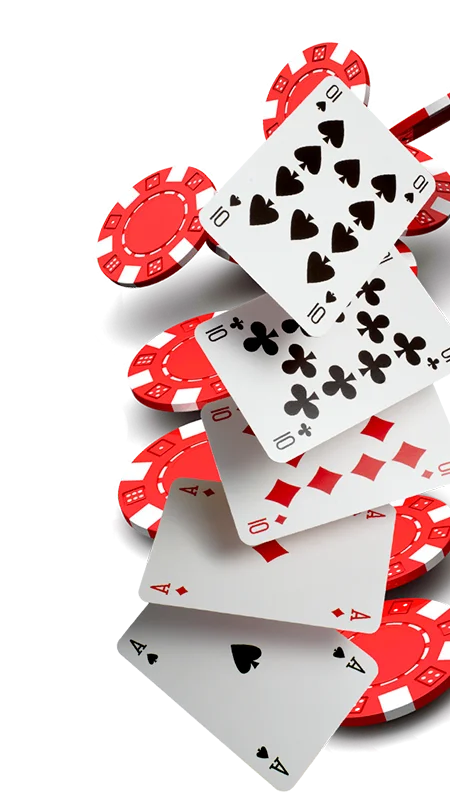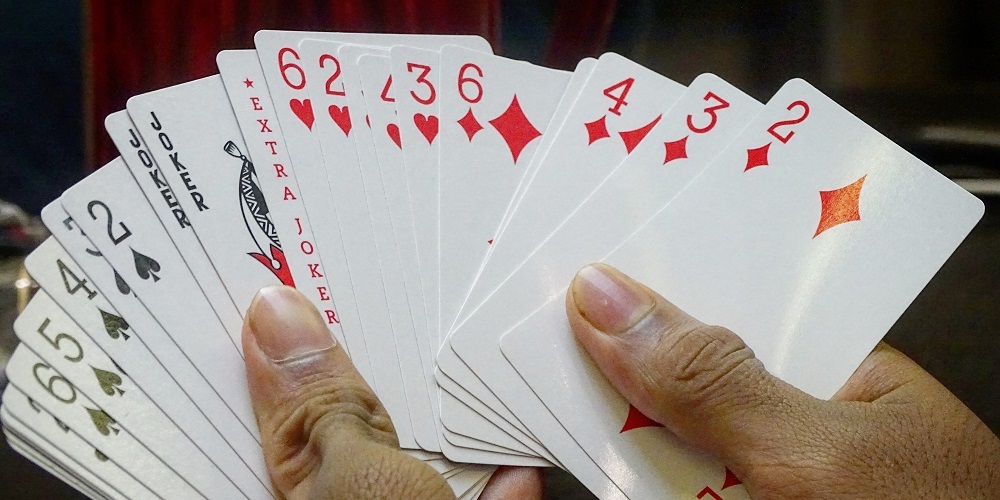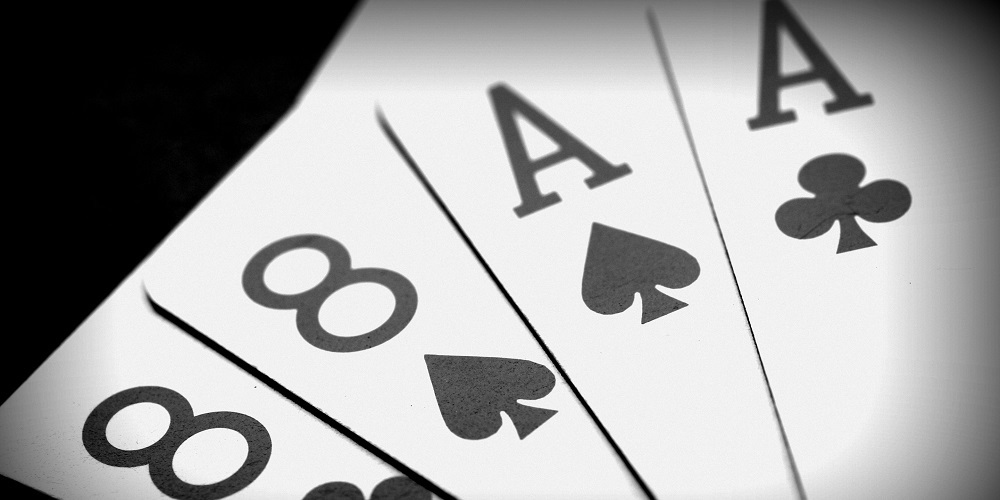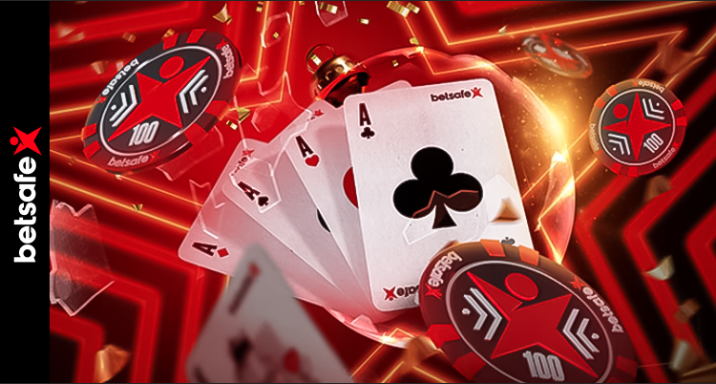

How are postflop bets in limit poker?

Limit poker is played taking into account the size of the pot, which acts as a maximum betting limit. It is essential that at a strategic level you are clear about the possibilities that your preflop hand offers. This will make the postflop game much easier to face, as you will be able to identify your outs more easily.
Betting format
The amount of the bets and raises is fixed and
limited in advance in this game mode, and follows the classic phases of
pre-flop, flop, turn and river.
- During the first round, the "small bet" corresponds to the amount of the small blind. In Limit Hold'em, in the first betting round, the number of raises is limited to 3: a raise (1st bet), a re-raise (2nd bet) and a final raise (3rd bet).
- For the second betting round and until the end of the hand, the number of authorized bets/raises is limited to 4: a bet (1st bet), a raise (2nd bet), a re-raise (3rd bet) and a final raise (4th bet).
- In the third round, the amount of the bets and raises is equal to the "big bet", which corresponds to twice the amount of the small bet.
- In the fourth and last round of betting, the amount of the bets and raises is equal to the "big bet".
Postflop betting: everything you need to know

It is essential that you use the postflop in
your strategy, that is, that your preflop moves are made taking into account
that your game should be focused on taking to the river with a powerful hand.
That is why you have to understand the poker game as two parts: the preflop
game and the postflop game, the latter being the one based on your preflop
decisions and where you really have to control your game to maintain its
opacity without being counterproductive.
As soon as the postflop game starts and the
turn card comes out, we should already have an idea of which hands we are going
to be able to play, from which positions and how much we are going to be able
to re-raise if we go with a raise, because the possibility of folding is
also on the table.
Another critical point in the postflop game is
the number of BBs you are going to sit down with. Normally, pros go for a deep
stack of 100 BBs, the maximum limit allowed for standard room betting. The
limits change in cash games, where it is possible to see more than twice as
many BBs and stacks that take your breath away.
Playing with more big blinds will give your game more depth. That depth is beneficial because it is easier to detect when you can get beaten. The bad thing about short stacks, although they commit you less, is that they barely leave you margin to bet, and if you get to the river with no room to maneuver you can find yourself in a commitment.
What to keep in mind to play well postflop

There are several things that you must have
clear when it comes to give an exit to your postflop game.
- Use position to your advantage. You must keep in mind that position play is the basis of postflop play. If you don't use the IP game correctly you will have nothing to do. Therefore, it is crucial that you are clear that in order not to be at a strategic disadvantage you will have to use your position to your own advantage. Position play also opens up a whole world of possibilities. It allows you, for example, to try a bet at a given moment to analyze the response and reaction of others. It's a fantastic way to expose your tells, and you'll have a frightening amount of information to analyze and base your play on a better informed strategy. On the other hand, out of position (OOP) the postflop is a bit trickier. Our hand can be overtaken on the river if on the turn an opponent keeps an opaque game. Therefore, you should plan in advance the possibilities of the hand to reach the river. Keeping your odds up to date is key in out of position play.
- Always have the size of the pot under control. This is something you can do by estimating the size of the pot, but you won't be able to do it with just any combination of cards. Big pots are only played with big, ambitious and powerful hands, so measure the size of the pot to gauge the strength of your hand.
- Analyze your opponent's tells to determine their strength. Just as you need to know if your hand is strong enough to take on that pot, you need to measure your strength with your villain to be clear whether his hand can knock you down or not. And this is something you must do with everyone to measure them well. For that, it is advisable that you analyze well their tells, that you determine the strength of their hand, that you have clear your position and that of the rivals and that you create your own hierarchy to avoid making a mistake at the time of making any action.
- If it is not profitable, do not play. This is something that you must strictly comply with. You are playing to win money, not to lose it. All you have to take into account before making any bet or raise is the profitability of the play. If it is not profitable, forget about it, because it will cost you money to stay in the game and it will not help you to remain in limbo until the losses have made you realize that it is useless to continue putting money in play.
- You must always take into account the effective stack. We must always be consistent with the stack we have at each moment, so we must always keep it under control. Putting it in play means going over the security threshold that would prevent us from having that cushion to enjoy the security that comes with being able to bet without the possibility of being out of the game on the table.
- If you don't play like a champion, you will never be one. Attitude is important, especially when it comes to tells. However, this statement should not be taken out of context. Attitude without data is nothing, and believing you are a champion with a bad hand will only lead you to defeat. But it is true that insecurity and fear are behind many missed opportunities, so think big and believe it if you think you have a chance.
You may also like

Aces and eights: why is this hand known as the "dead man's hand"?
This famous card combination has been known for decades as the "dead man's hand". Given the true story of the infamous protagonist and the number of stories that have fed the legend, it's no wonder...

Adrián Mateos Conquers the GGMillion$ High Roller with a Dominant Performance
Adrián Mateos Conquers the GGMillion$ High Roller with a Dominant PerformanceSpanish poker star Adrián Mateos once again proved his prowess in the online poker scene by winning the GGMillion$ High...

World Championship Of Online Poker 2022
World Championship Of Online Poker 2022The 2022 World Championship Of Online Poker (WCOOP) is leaving incredible moments in its wake. Massive prizes are doled out left and right, with the most stri...













